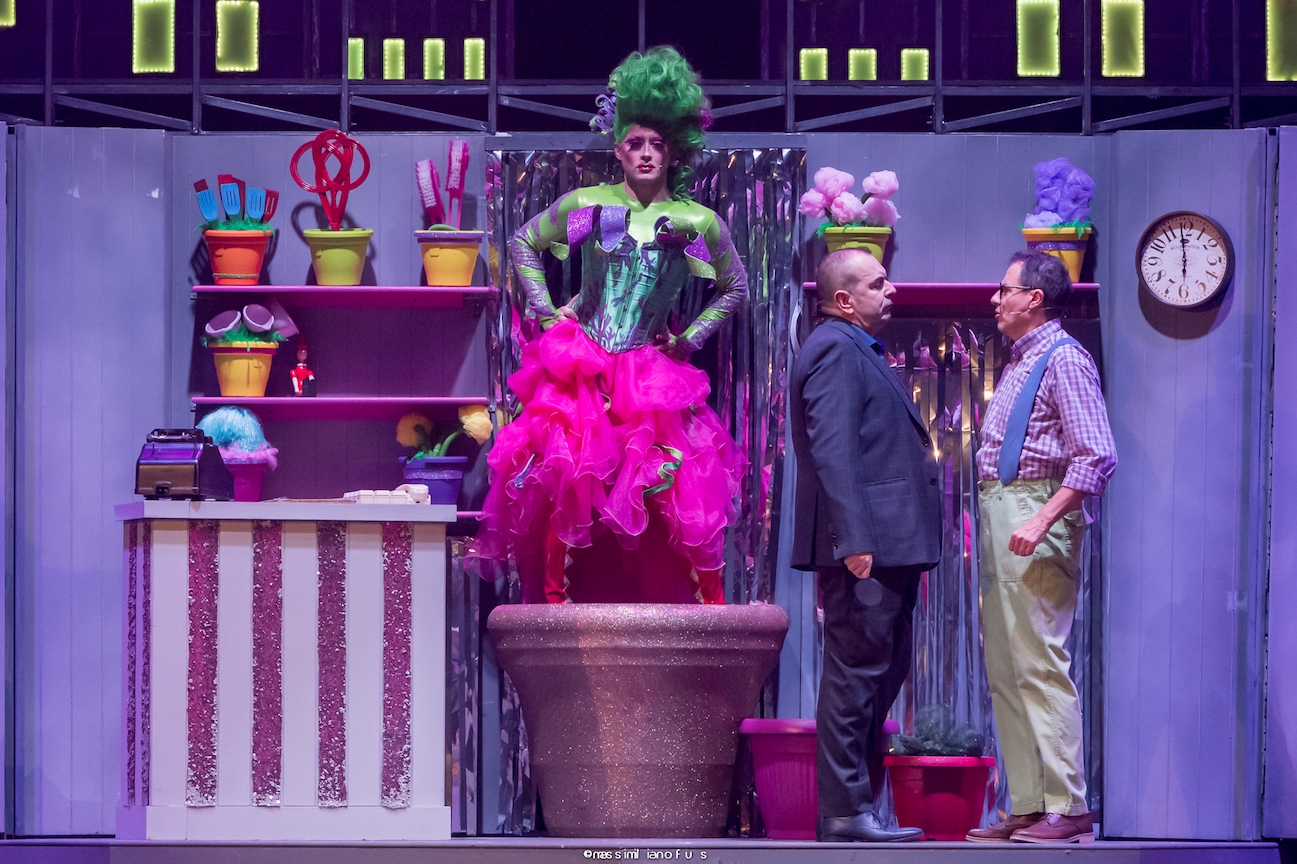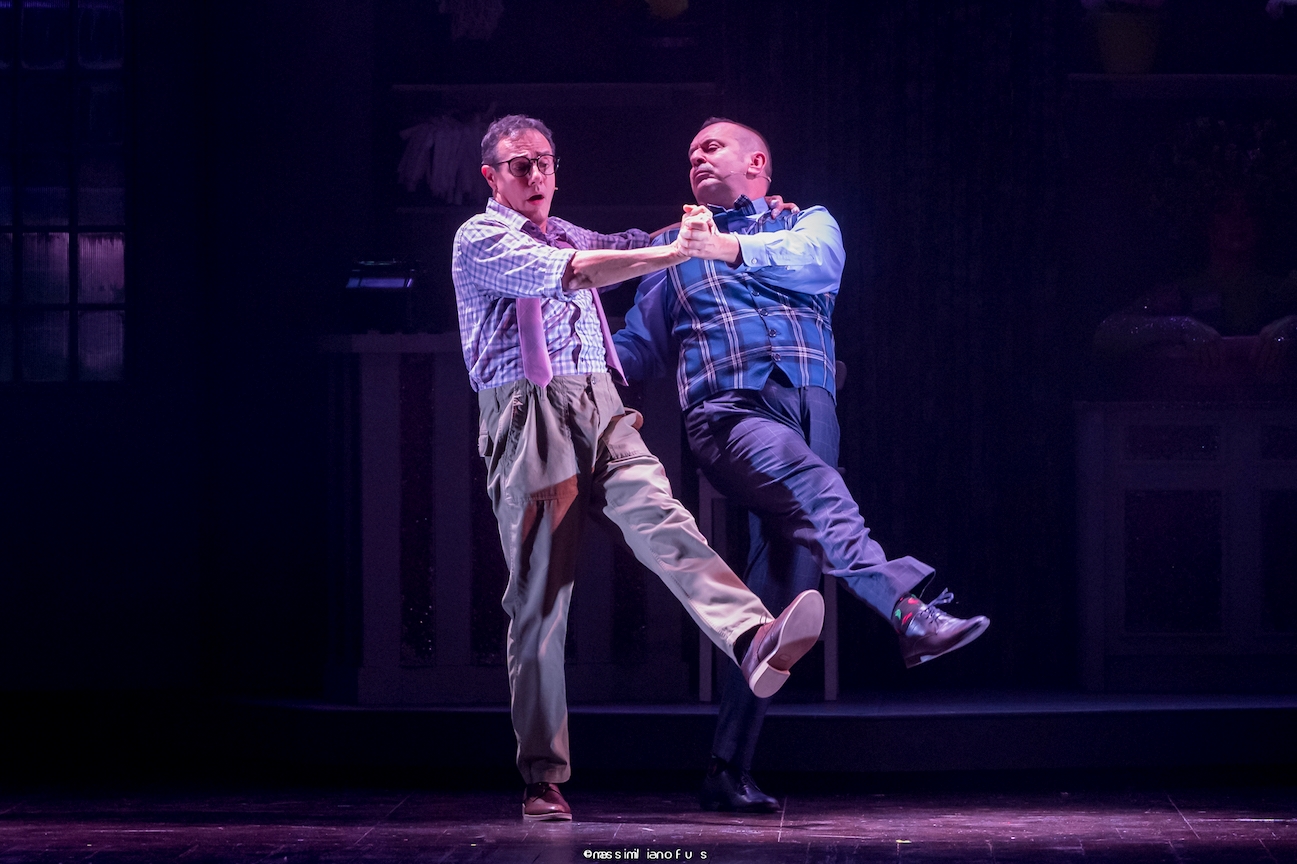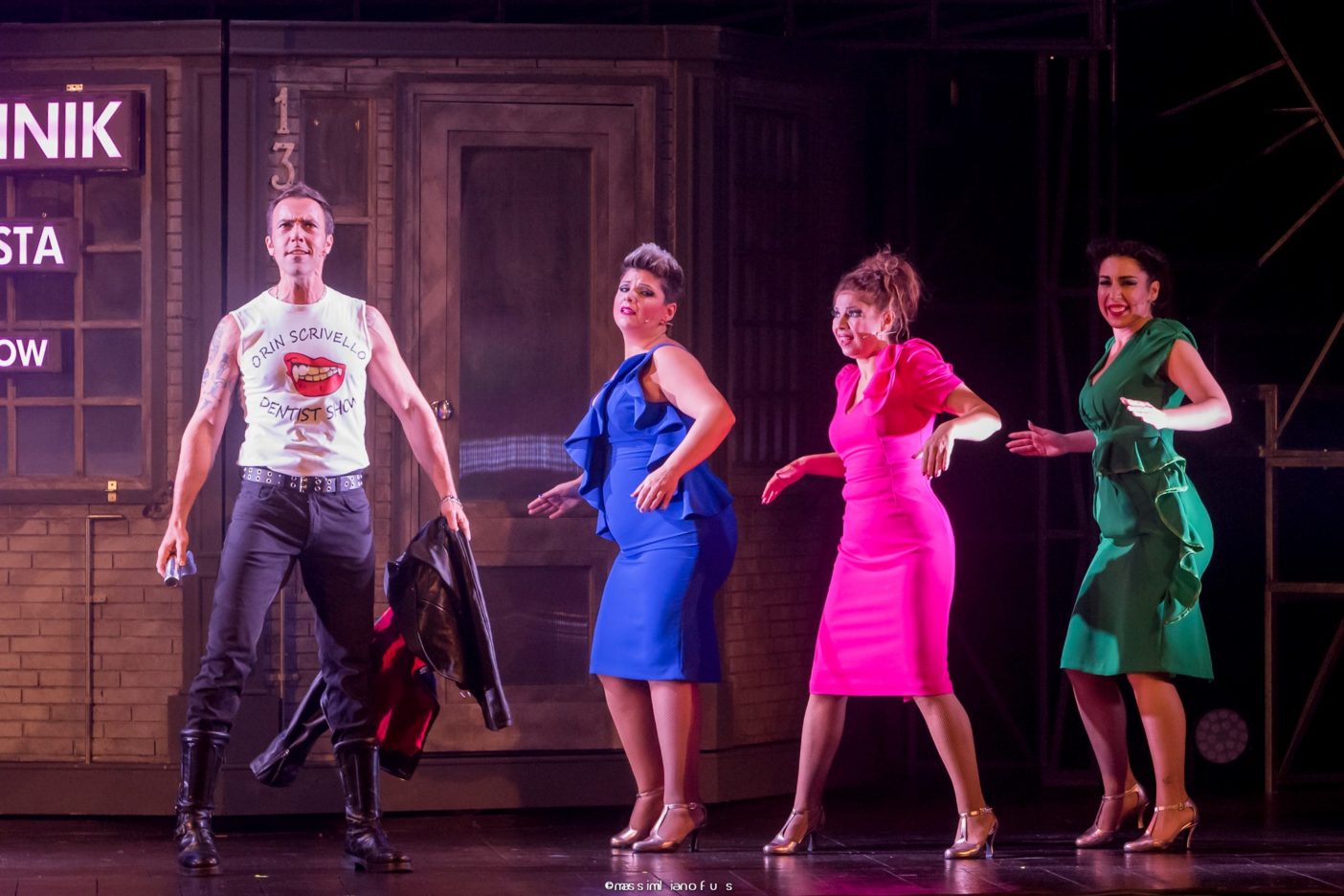Non nutrite le piante! Il messaggio ‘au contraire’ del musical “La piccola bottega degli orrori” nei teatri fino a fine aprile
Il musical ribalta la più ovvia delle teorie sulla salvezza del pianeta in un esilarante ed inquietante narrazione che, dopo 40 anni, è ancora così contemporanea.








